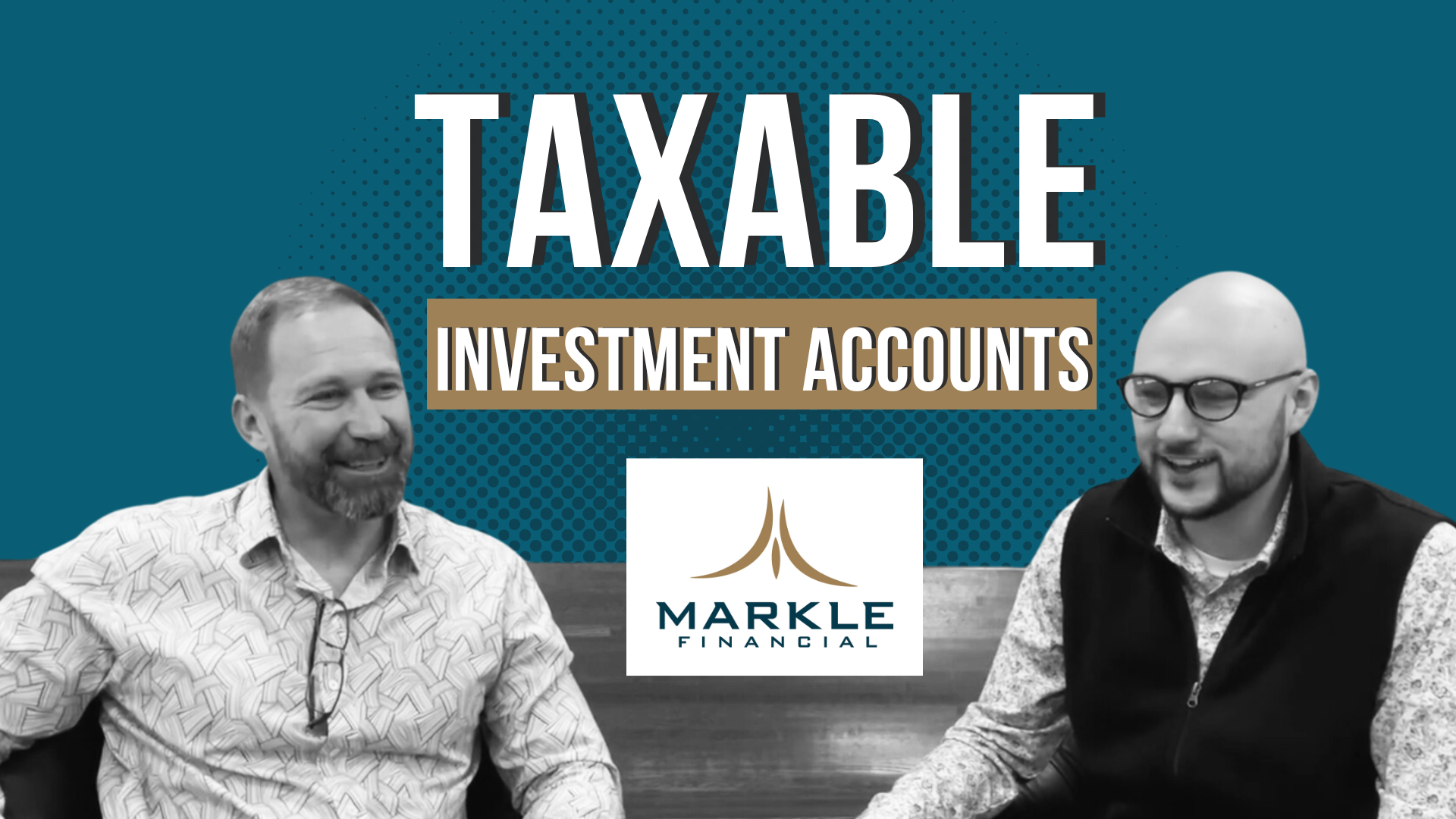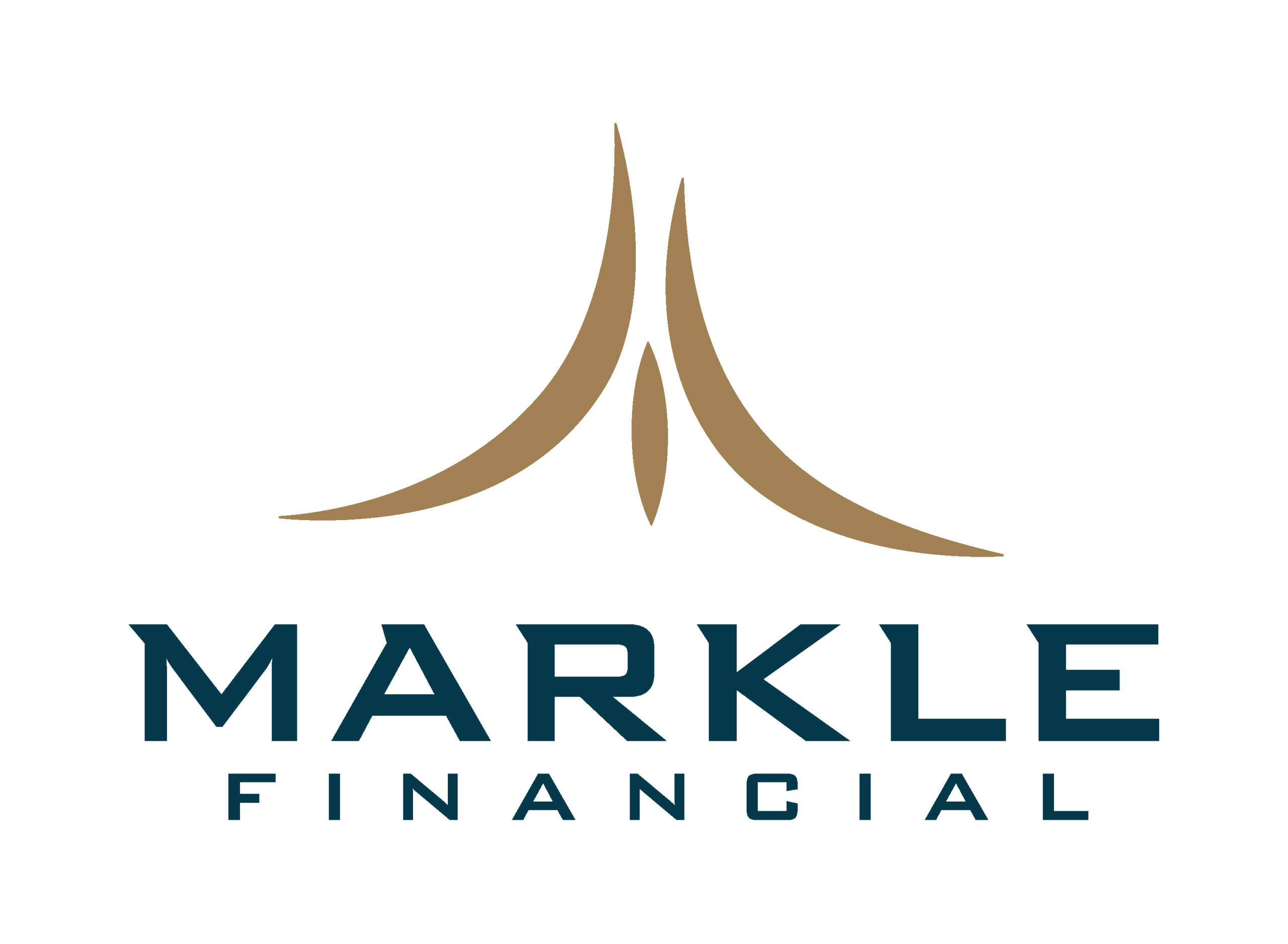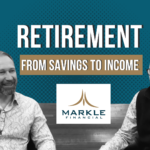
Taxable Investment Accounts
Let’s talk about taxable investment accounts. We’re not speaking of pre-tax or Roth, like retirement accounts, but transitioning into an individual or joint account, like with a husband and wife. Let’s explain how those types of accounts are taxed.
Taxable investment accounts are taxed in many ways. We have capital gains tax, ordinary income tax from interest income, and we have dividends that we have to consider. All three of these things end up on your 1099 at the end of the year. The tax form that comes out of those will be on the 1099, which breaks down all these different income types. If you have foreign dividends or interest income, there’s a special box for that. Most people must learn what each box means and how that number gets there.
The thing to focus on regarding these non-retirement accounts is not only the rate of return and the cost associated with the investments in the account itself but also the tax efficiency. If somebody’s in their early 20s and 30s and making a typical income, the taxation on these accounts is probably the least of their concerns. They should just be focusing on putting money in there. It doesn’t matter in most cases what it goes to, not in that concise window of time, what it does over 40 years that everybody likes to talk about for rates of return. We must take this in bite-size chunks because people are people—life changes. What’s good today may not be the right thing for them tomorrow. So, we want to focus on different issues at different times. And this tax issue, when you’re in your 40s, 50s, 60s, and 70s in retirement, taxes become one of the most valuable things to focus on during that time.
So, if you have a good tax-efficient strategy, there have been many points of data and long-term studies on how a good job of tax efficiency can add almost one percentage point to your rate of return over a decade. And that extra one percent goes a long way in overcoming costs and fees and sometimes negative returns. So we can cover how that can happen. But you have to pay a lot of attention and spend some time digging into the details there.
*This material is for general informational and educational purposes only and should not be construed as investment, tax or legal advice.You are encouraged to consult your own lawyer, accountant, or other advisors before making any financial decisions.


